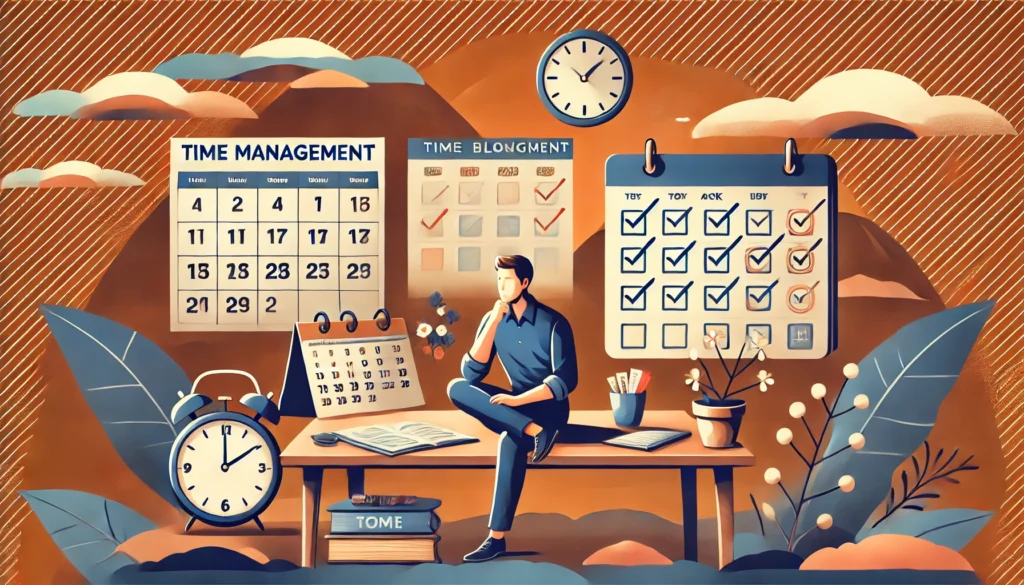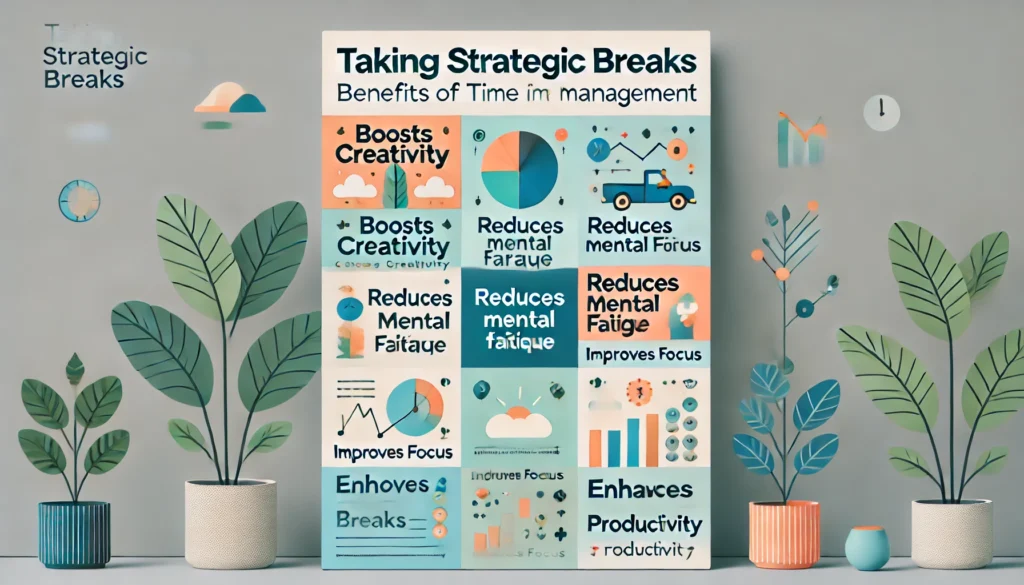In today’s fast-paced world, managing time effectively is essential for maintaining a balanced life. However, juggling work, family, and personal responsibilities can feel overwhelming. Therefore, learning practical time management hacks can significantly enhance productivity, reduce stress, and create space for self-care. This article explores proven strategies to help you make the most of your time while achieving a healthier work-life balance.

The Importance of Time Management
Why Time Management Matters
Effective time management boosts productivity and reduces stress. When you prioritize tasks efficiently, you free up more time for meaningful activities. Additionally, managing time well leads to better decision-making and a sense of accomplishment. As a result, you experience improved mental clarity and reduced anxiety.
The Consequences of Poor Time Management
Failing to manage time effectively can lead to chronic stress and burnout. For instance, missing deadlines or constantly feeling rushed can negatively impact your health and relationships. Furthermore, poor time management often results in procrastination, which decreases efficiency and creates unnecessary pressure.
Time Management Hacks for Productivity
Prioritizing with the Eisenhower Matrix
The Eisenhower Matrix helps you categorize tasks by urgency and importance. By dividing your tasks into four quadrants—urgent and important, important but not urgent, urgent but not important, and neither urgent nor important—you can focus on high-impact activities first. Consequently, this prevents you from wasting time on trivial matters.
Using the Pomodoro Technique
The Pomodoro Technique enhances productivity by promoting focus. It involves working for 25-minute intervals, followed by 5-minute breaks. After completing four cycles, you take a longer break. This structured approach prevents burnout while improving concentration.
Batching Similar Tasks Together
Batching similar tasks reduces mental switching and boosts efficiency. For example, instead of checking emails throughout the day, allocate specific time slots for this activity. As a result, you maintain better focus on your core tasks.
Leveraging Time-Blocking
Time-blocking involves scheduling specific blocks of time for different activities. Therefore, you assign dedicated periods for work, personal tasks, and relaxation. This method reduces distractions and ensures that essential activities receive your full attention.
Applying the Two-Minute Rule
The two-minute rule helps prevent minor tasks from piling up. If a task takes less than two minutes, complete it immediately. Consequently, this prevents small tasks from accumulating and overwhelming you later.
Hacks for Better Work-Life Balance
Setting Clear Boundaries
Establishing clear boundaries between work and personal life is essential for balance. Therefore, set designated work hours and avoid checking emails during personal time. This separation prevents burnout and preserves your mental well-being.
Scheduling Time for Self-Care
Prioritizing self-care is vital for maintaining balance. Thus, block time for activities such as exercise, hobbies, or relaxation. Regular self-care improves emotional resilience and boosts overall productivity.
Learning to Say No
Saying no to non-essential commitments protects your time. Therefore, politely decline tasks that do not align with your goals. This practice frees up time for meaningful activities and prevents overcommitment.
Time Management Hacks for Daily Life
Using a Digital Planner or Calendar
Digital planners help you organize your day efficiently. Tools like Google Calendar or Todoist allow you to set reminders, track deadlines, and schedule events. Therefore, you stay on top of your commitments.
Automating Repetitive Tasks
Automation tools streamline repetitive tasks. For instance, use email filters, payment reminders, and scheduling apps to reduce manual work. As a result, you save time for more valuable activities.
Eliminating Time Wasters
Identify and minimize activities that waste time. For example, limit social media scrolling or unnecessary meetings. By doing so, you reclaim valuable time for productive or enjoyable tasks.
Practicing the 80/20 Rule
The 80/20 rule, also known as the Pareto Principle, suggests that 80% of outcomes come from 20% of efforts. Therefore, focus on high-impact tasks that deliver the most results. This approach optimizes your efficiency.
Taking Strategic Breaks Time Management

Regular breaks prevent mental fatigue and boost creativity. Therefore, step away from your desk periodically to recharge. This enhances focus and overall productivity.
Time Management for Long-Term Goals
Setting SMART Goals to Time Management
SMART goals—specific, measurable, achievable, relevant, and time-bound—enhance productivity. Therefore, define clear objectives and track your progress. This structured approach keeps you focused and motivated.
Creating a Weekly Review
Conducting a weekly review improves time management. Therefore, spend time reflecting on accomplishments, identifying areas for improvement, and planning for the following week. This habit increases efficiency and keeps you organized.
Using Time-Tracking Apps
Time-tracking apps like Toggl or Clockify help monitor how you spend your time. By analyzing your patterns, you can identify areas where you lose productivity. Consequently, this allows you to make informed adjustments.
Conclusion
Mastering time management is key to achieving a balanced and fulfilling life. By prioritizing tasks, setting boundaries, and optimizing daily routines, you can enhance productivity and reduce stress. Therefore, by implementing these time management hacks consistently, you will enjoy greater efficiency, improved well-being, and more time for what truly matters.
